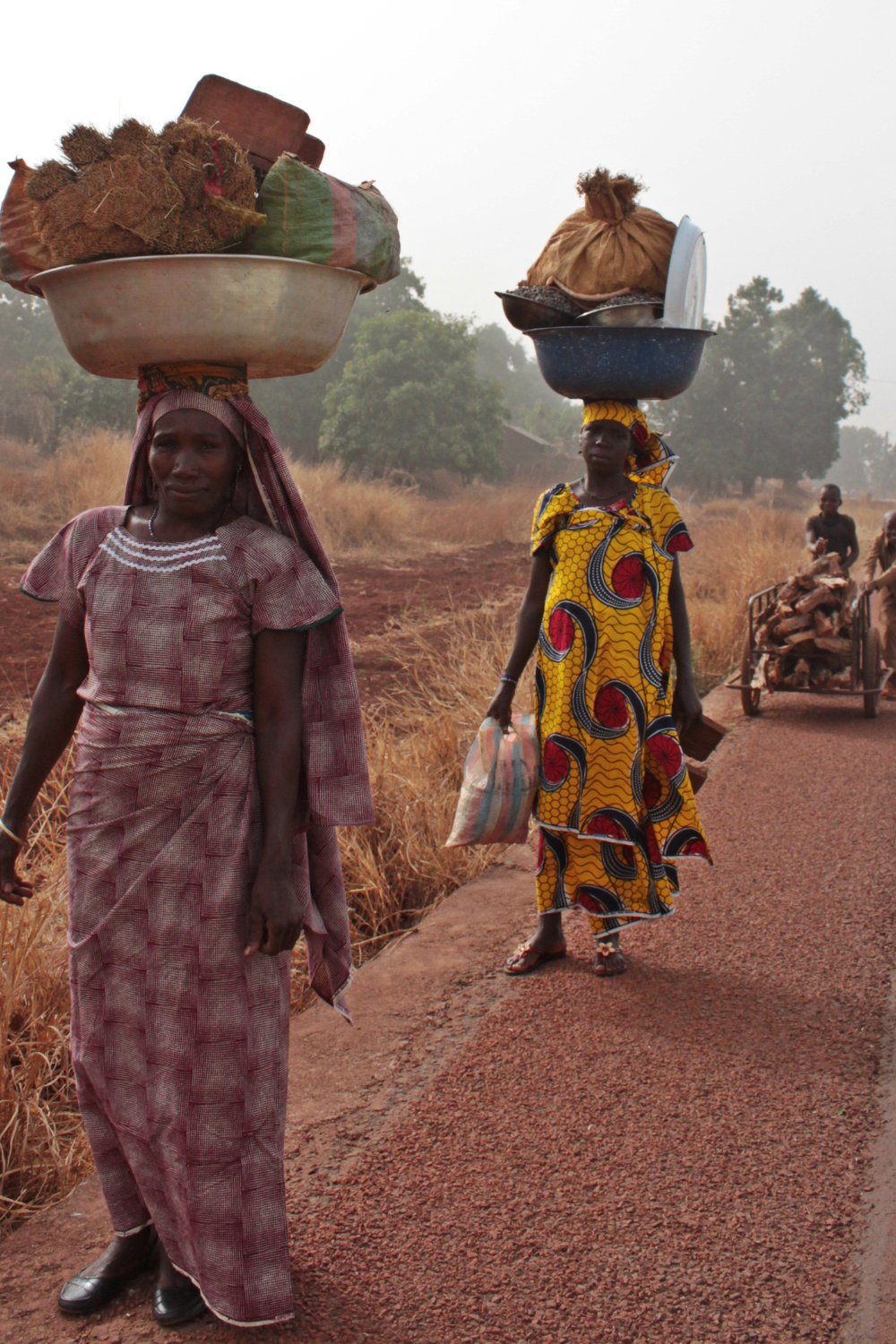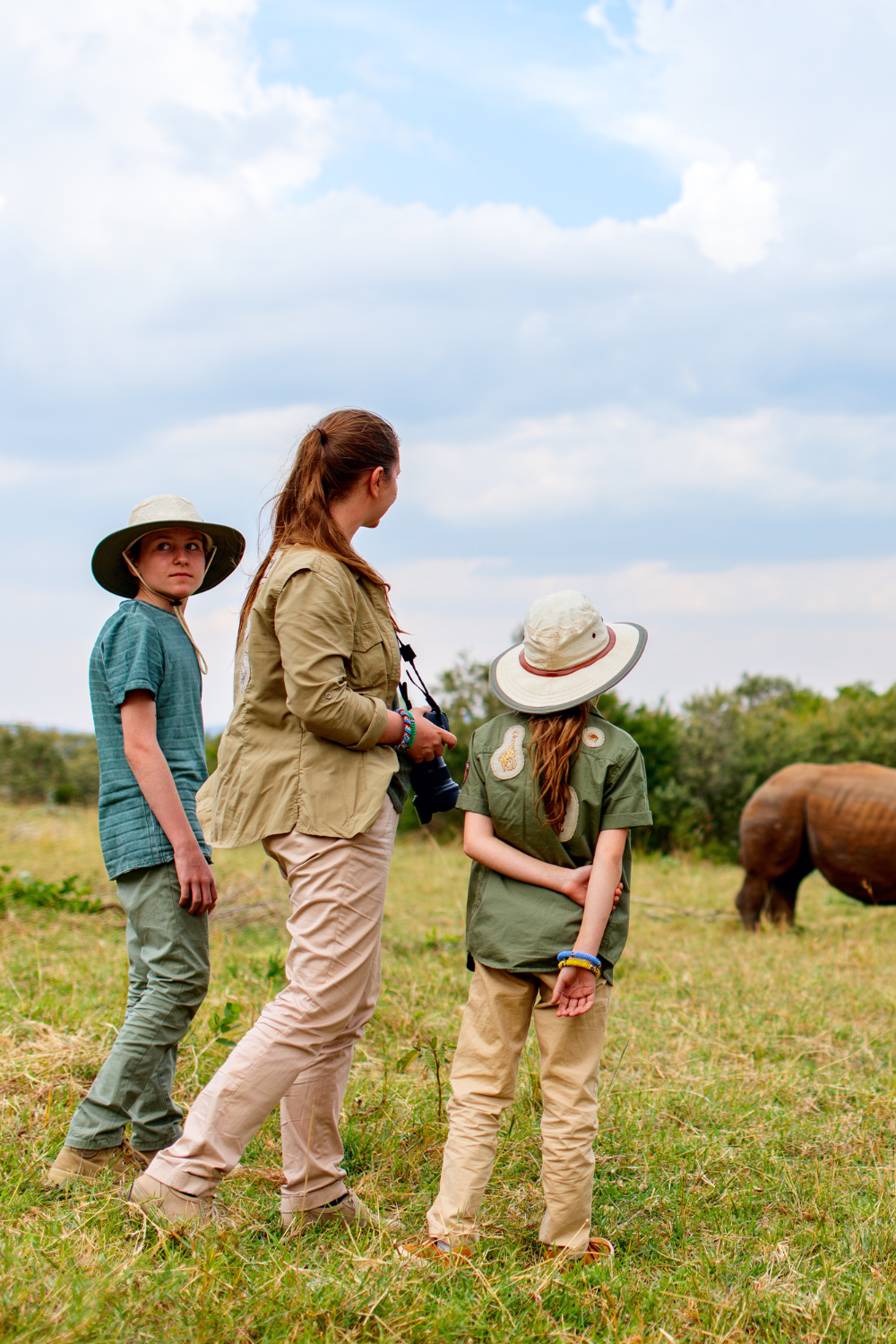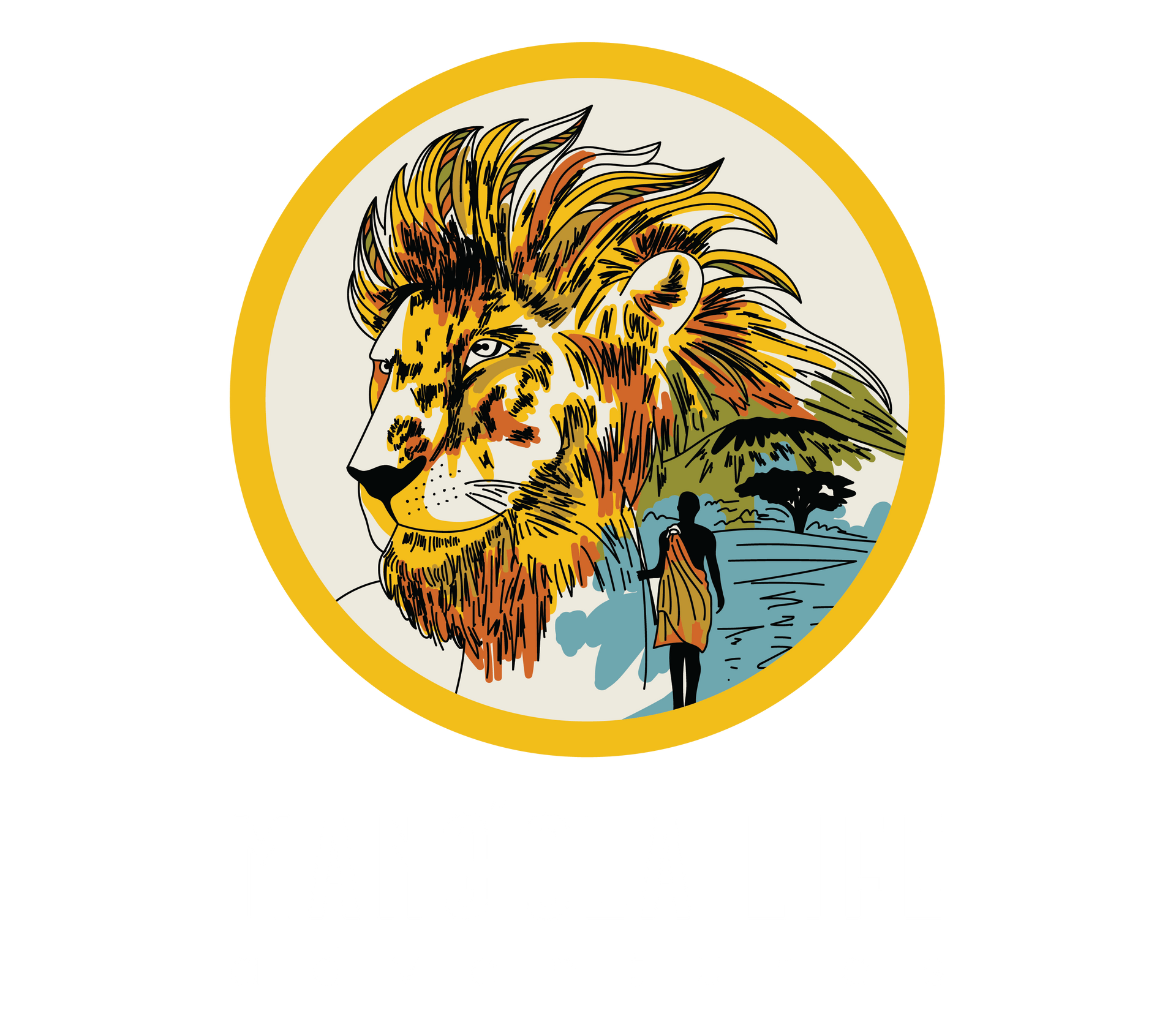The ultimate guide to Tanzania travel requirements: more than just paperwork
Tanzania is more than just a breathtaking destination—it’s a land where history, culture, and nature intertwine. Shaped by centuries of trade, resistance, and transformation, its story unfolds through the rise of powerful pre-colonial kingdoms, the impact of colonial rule, and the visionary leadership of Julius Nyerere. To truly experience Tanzania, travelers must go beyond the landscapes and wildlife, immersing themselves in the deep-rooted traditions and resilient spirit that define this extraordinary country.
Before setting foot in Tanzania, preparation should extend beyond securing a visa and packing a bag. Understanding the country’s past, respecting its cultural heritage, and embracing a mindset of openness and responsibility will ensure a journey that is not just memorable, but meaningful.
At
Mang'ola Life, we believe travel should be a force for transformation—not just for the traveler but also for the communities and ecosystems they encounter.
As a sustainable safari
company nestled in the heart of Tanzania, our mission is to foster
deep, authentic connections between visitors and the land, people, and wildlife. We invite you to explore Tanzania through a lens of sustainability, cultural immersion, and respect. If you seek an adventure that leaves a lasting impact—on both you and the world around you—you’ve come to the right place.

Why traveling to Tanzania is more than just a trip
While visa applications and vaccination records are essential, understanding Tanzania’s layered history and cultural heritage adds depth to your journey. Tanzania’s story unfolds through its pre-colonial kingdoms, the colonial era under German and British rule, and its post-colonial journey toward independence. Recognizing how these historical events have shaped the nation's cultural identity allows travelers to engage more meaningfully with the people and landscapes they encounter.
Cultivating the right mindset for travel
Beyond history, emotional and mental preparation is key to a meaningful journey. Consider these tips:
- Gratitude and openness: Approach each experience—whether it’s a wildlife sighting or a conversation with a local—with curiosity and respect.
- Respect for diverse ways of life: Embrace cultural differences and learn from Tanzania’s rich traditions.
- Slow travel: Take time to immerse yourself in the environment rather than rushing through landmarks.
Understanding Tanzania’s layered history: from pre-colonial kingdoms to modern times
To truly experience Tanzania, one must understand its past—one shaped by thriving African civilizations, colonial struggles, and the drive for independence.
Pre-colonial Tanzania: the rise of African kingdoms
Before European intervention, Tanzania was home to powerful kingdoms and bustling trade hubs:
- The Swahili Coast: Coastal cities like Kilwa Kisiwani were vital trading centers connecting Africa to the Middle East and Asia, bringing cultural influences that shaped the region. The Swahili people, through trade with Arab and Persian merchants, developed a unique blend of African and Islamic traditions, visible in their architecture, language, and customs.
- The Nyamwezi and Chagga peoples: These communities thrived inland, known for their extensive trade networks, agricultural expertise, and ironwork. The Nyamwezi, often referred to as "people of the moon," were skilled traders who connected coastal and interior markets, while the Chagga people built sophisticated irrigation systems on the slopes of Mount Kilimanjaro.
- The Maasai Warriors: The Maasai migrated through East Africa, maintaining their distinct semi-nomadic lifestyle while living in harmony with wildlife. Their deep respect for nature and communal land ownership principles continue to shape conservation efforts today.

Colonial rule: German and British control
- German East Africa (1880s–1919): German colonization led to major uprisings, most notably the Maji Maji Rebellion (1905–1907), where thousands of Tanzanians resisted forced labor. This rebellion, though ultimately suppressed, remains one of Africa’s earliest and most significant anti-colonial movements.
- British Colonial Rule (1919–1961): After World War I, British control led to economic changes and the rise of nationalist movements seeking independence. Infrastructure was developed, but much of the wealth remained in the hands of European settlers, leading to growing tensions.
Independence and the legacy of julius Nyerere
- 1961: Tanganyika gained independence, later uniting with Zanzibar in 1964 to form modern Tanzania.
- Ujamaa (African Socialism): Nyerere’s philosophy emphasized self-reliance and unity, shaping the nation’s values of collectivism and respect. His policies focused on education, rural development, and economic self-sufficiency, laying the foundation for modern Tanzania’s identity.
Understanding this layered history adds depth to your travels, allowing you to appreciate the resilience and cultural pride of the Tanzanian people.
Cultural etiquette and respecting traditions
Tanzania is home to over 120 ethnic groups, each with unique customs and traditions. As a traveler, embracing local etiquette ensures a more enriching experience.
Language and greetings
While English is widely spoken, learning basic Swahili demonstrates respect and enhances your connection with locals:
- Mambo! – Casual hello
- Shikamoo – A respectful greeting for elders
- Asante sana – Thank you very much
- Pole pole – Slowly, slowly (used when encouraging a relaxed pace)
Dressing modestly
- Women should cover shoulders and knees, particularly in rural areas and Zanzibar.
- Men should avoid wearing shorts in non-tourist settings.
- Swahili coastal areas are predominantly Muslim, so dressing conservatively is appreciated.
Respect for elders
In Tanzanian culture, elders hold a high status. Using
Shikamoo when greeting them is a sign of deep respect.

Practical Travel Essentials for Tanzania
What to Pack
- Documents: Passport, visa, vaccination certificates, travel insurance.
- Clothing: Lightweight, breathable fabrics for warm days; warm layers for cool nights.
- Footwear: Sturdy walking shoes for safaris.
- Health Essentials: Insect repellent, sunscreen, hand sanitizer, and a personal first-aid kit.
- Extras: Binoculars, a Swahili phrasebook, and a journal to document reflections.
Pro tip: Avoid overpacking—light travel reduces your carbon footprint!
Prepare for more than just the trip with these Tanzania travel requirements
Tanzania is not just a bucket-list destination—it’s an invitation to learn, grow, and connect. By engaging with its history, respecting its cultures, and traveling sustainably, you ensure that your journey is as transformative for you as it is beneficial to the places you visit.
Ready for a life-changing journey?
Experience Tanzania through a deeply meaningful lens with Mang'ola Life—where every adventure is rooted in connection, respect, and sustainability.

Welcome to Mang'ola life we are a sustainable safari company located in the heart of Tanzania, Africa. Plan your next adventure with us.






